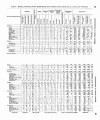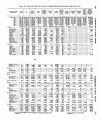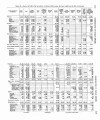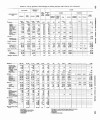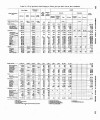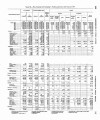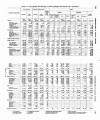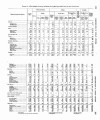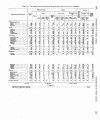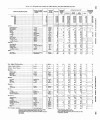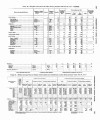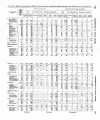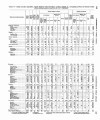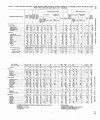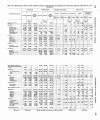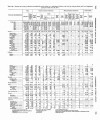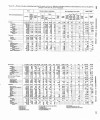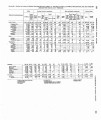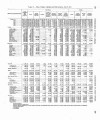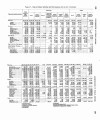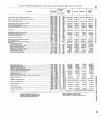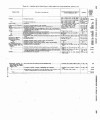| OCR Text |
Show COMMISSIONER OF INIlUN AFBAXRS. 21 The medicine min is no longer dominant, neither is he now a large factor in the life of many tribes, although he is still found here and there in decreasing numbers. THE SUPPRESSION OF INTOXICANTS. The fiscal year just brought to a successful close has been one of remarkable changes in so far as the suppreasion of the traffic in intoxicants among the Indians is concerned. The increase in prohibition sentiment throughout the country, and especially in those States where Indians reside, has materially aided our work. The addition of these States to the "dry column," and the drastic laws relating to the importation of liquor into them has proved their effective aid. As evidence of the effect among the Indiam of prohibition, the superintendent of the Umatilla School in Oregon has submitted some interesting figures. During the calendar year 1915 the police records of the city of Pendleton show that there were 1,440 arksts, of which number 270 were Indiam, or about 19 per cent. During the calendar year 1916 there were only 385 arrests, of which number 69 were Indians. The saloons closed on January 1, 1916, and the number of Indian offenders fell off as above stated. A posseman shot a bootlegger on the Nee Perce Reservation in Idaho, which raised the interesting question of the authority of his appointment, but the Federal court in granting a writ of habeas corpus ruled favorably to the Government. Several officers operated in the State of New York during the course of the yeax in order to bring about an improvement in the liquor situation among the Indians in that State. This has resulted in improving the situation. As the States near the Omaha and Winnebago Reservations in Nebraska have gone dry, the Indians have found the diculty in obtaining intoxicants so great that it is having a markedly deterrent effect on them. By reason of prohibition in Oregon, Idaho, and Washington, the bootlegger and others engaged in the liquor tr&c have been forced to seek new fields of operation. Consequently Montana, with its large Indian population, has experienced an increase in the-liquor traffic among the Indians. m s will entail much heavy work on this service. The conviction and sentence to the penitentiary of W. J. Creek-more was a distinct victory for the liquor-suppression service in Oklahoma. Creekmore was Imown as the king bootlegger and is reputed to have made more than $1,000,000 in this traffic. He was the head of a ring which is said id have practically controlled the liquor business of that State. He was frequently in the clutches |






















































































